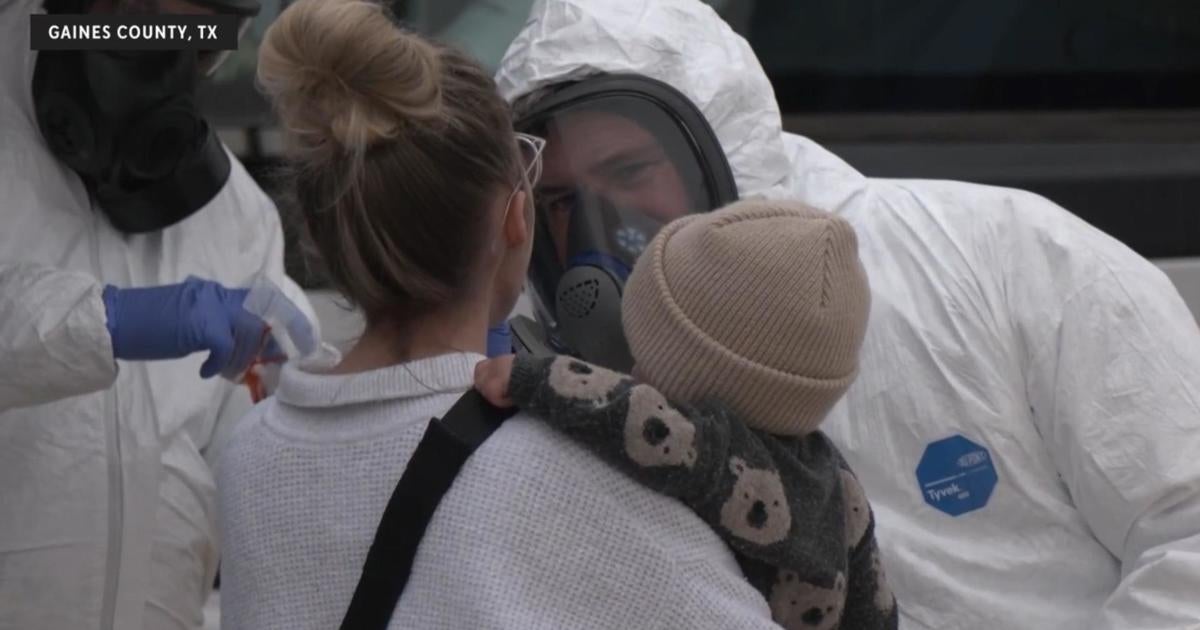West Texas Faces Growing Measles Outbreak: Understanding the Crisis
The latest reports indicate that West Texas is grappling with a significant resurgence of measles, a highly contagious viral disease that was once considered eliminated in the United States. Health officials are sounding the alarm as cases continue to rise, prompting urgent public health responses. This article delves into the implications of the outbreak, community reactions, and essential information about measles that everyone should know.
The Current Situation: A Closer Look at the Outbreak
As of this month, West Texas has reported an alarming increase in measles cases, with health authorities noting a dramatic rise compared to the previous years. The Texas Department of State Health Services (DSHS) has confirmed several dozen cases, primarily affecting unvaccinated populations. This resurgence underscores the vulnerabilities within communities that have experienced a decline in vaccination rates.
Measles is one of the most contagious diseases known, with a transmission rate of 90% among susceptible individuals. Public health experts warn that without immediate intervention, the outbreak could spiral out of control, affecting not just those directly infected but also placing vulnerable populations, such as infants and those with compromised immune systems, at increased risk.
Understanding Measles: Symptoms and Transmission
Measles typically presents with initial symptoms that may resemble a cold, including:
- Cough
- Runny nose
- Fever
- Conjunctivitis (red eyes)
After a few days, a characteristic red rash usually appears, starting at the hairline and spreading downward. The disease spreads through respiratory droplets when an infected person coughs or sneezes. It can remain airborne for up to two hours in a room where an infected person has been, making it incredibly easy for the virus to spread.
The Importance of Vaccination
Vaccination is the most effective way to prevent measles. The MMR vaccine, which protects against measles, mumps, and rubella, is recommended for children, with the first dose administered at 12-15 months and a second dose at 4-6 years. Unfortunately, vaccination rates in certain areas of West Texas have dropped due to misinformation and fears surrounding vaccine safety.
According to the CDC, a vaccination coverage of at least 95% is necessary to achieve herd immunity and prevent outbreaks. However, recent statistics reveal that some communities in West Texas have fallen below this threshold, leading to increased susceptibility to diseases like measles.
Public Health Response and Community Engagement
In response to the growing measles outbreak, health officials in West Texas are ramping up efforts to educate the public about the importance of vaccination. Initiatives include:
- Community education campaigns highlighting vaccine safety and efficacy.
- Free vaccination clinics to ensure access for all residents.
- Collaboration with local healthcare providers to identify unvaccinated individuals.
Local health departments are also working closely with schools and childcare facilities to implement vaccination requirements for enrollment, ensuring that children are protected before entering communal environments.
Challenges and Misconceptions
Despite public health efforts, misinformation about vaccines continues to pose significant challenges. Social media platforms have become breeding grounds for myths and misconceptions, leading some parents to hesitate or refuse vaccinations for their children. Addressing these fears is crucial in combating the outbreak.
Healthcare providers are encouraged to engage in open conversations with parents, addressing their concerns and providing evidence-based information. Sharing personal stories from families affected by measles can also humanize the issue and underscore the importance of vaccination.
What Communities Can Do
Communities play a vital role in addressing the measles outbreak. Here are steps individuals and community leaders can take:
- Stay Informed: Keep up with local health updates and guidelines from trusted sources.
- Vaccinate: Ensure that you and your children are up to date on vaccinations.
- Advocate: Support local health initiatives aimed at increasing vaccination rates.
- Engage: Participate in community discussions about health and vaccination.
The Road Ahead: Hope for West Texas
While the resurgence of measles in West Texas presents significant challenges, there is hope. With a concerted effort from health officials, community leaders, and residents, it is possible to turn the tide against this outbreak. Increased awareness, education, and accessibility to vaccines are crucial in protecting the health of the community.
As we strive to overcome this crisis, it’s essential to remember that vaccination not only protects individuals but also safeguards the community at large. By working together, West Texas can emerge from this outbreak stronger and more resilient.
Conclusion: Taking Action
In conclusion, the growing measles outbreak in West Texas serves as a critical reminder of the importance of vaccinations in public health. Understanding the symptoms, transmission, and preventive measures is essential for all community members. By prioritizing vaccination and fostering open dialogue about health concerns, we can work towards eliminating this preventable disease and ensuring a healthier future for everyone.
See more WebMD Network



